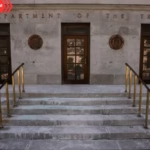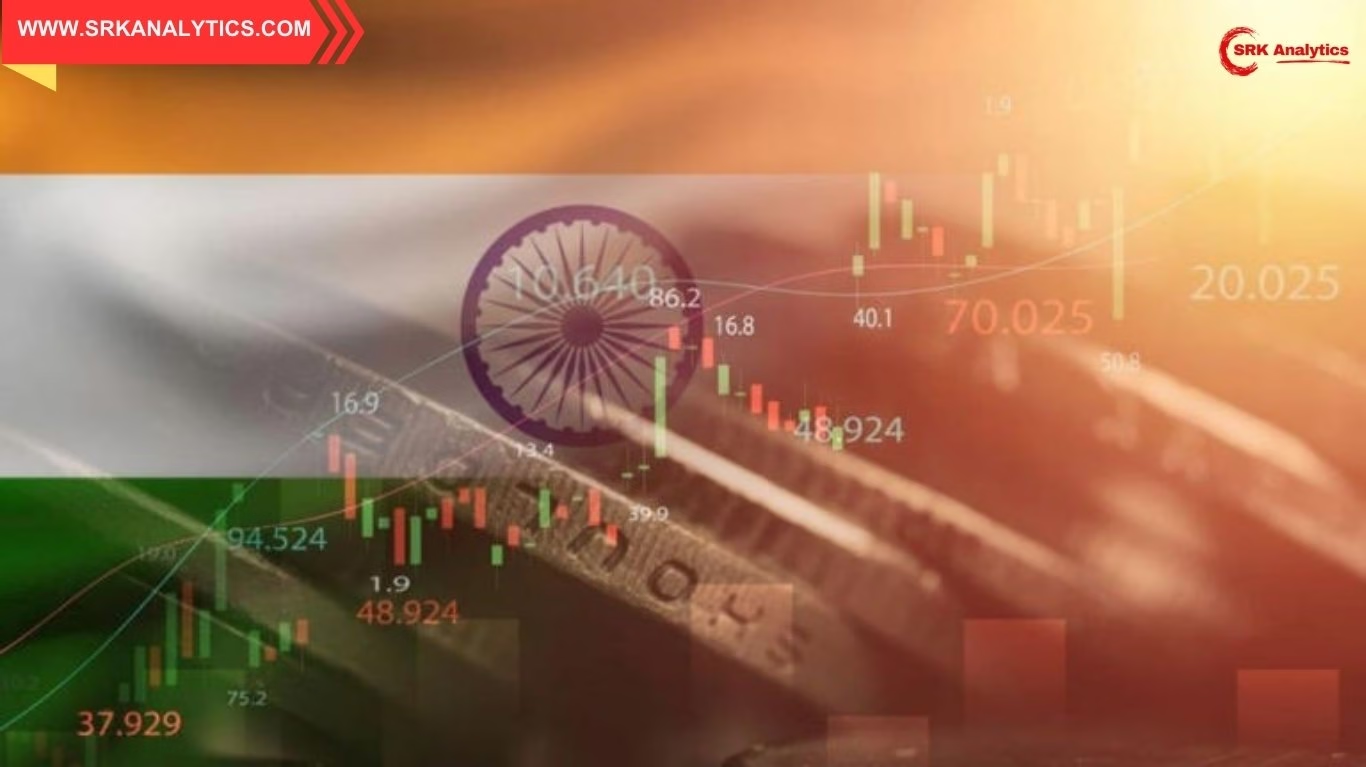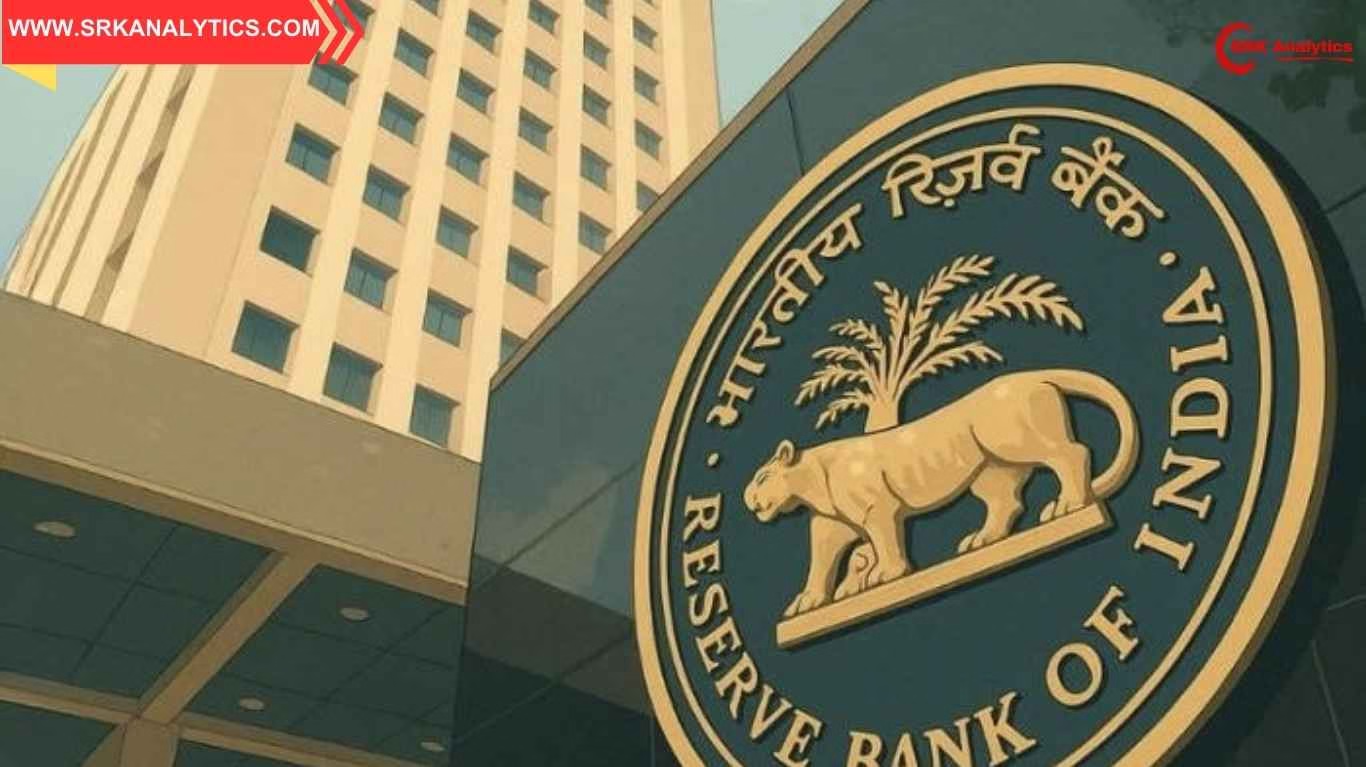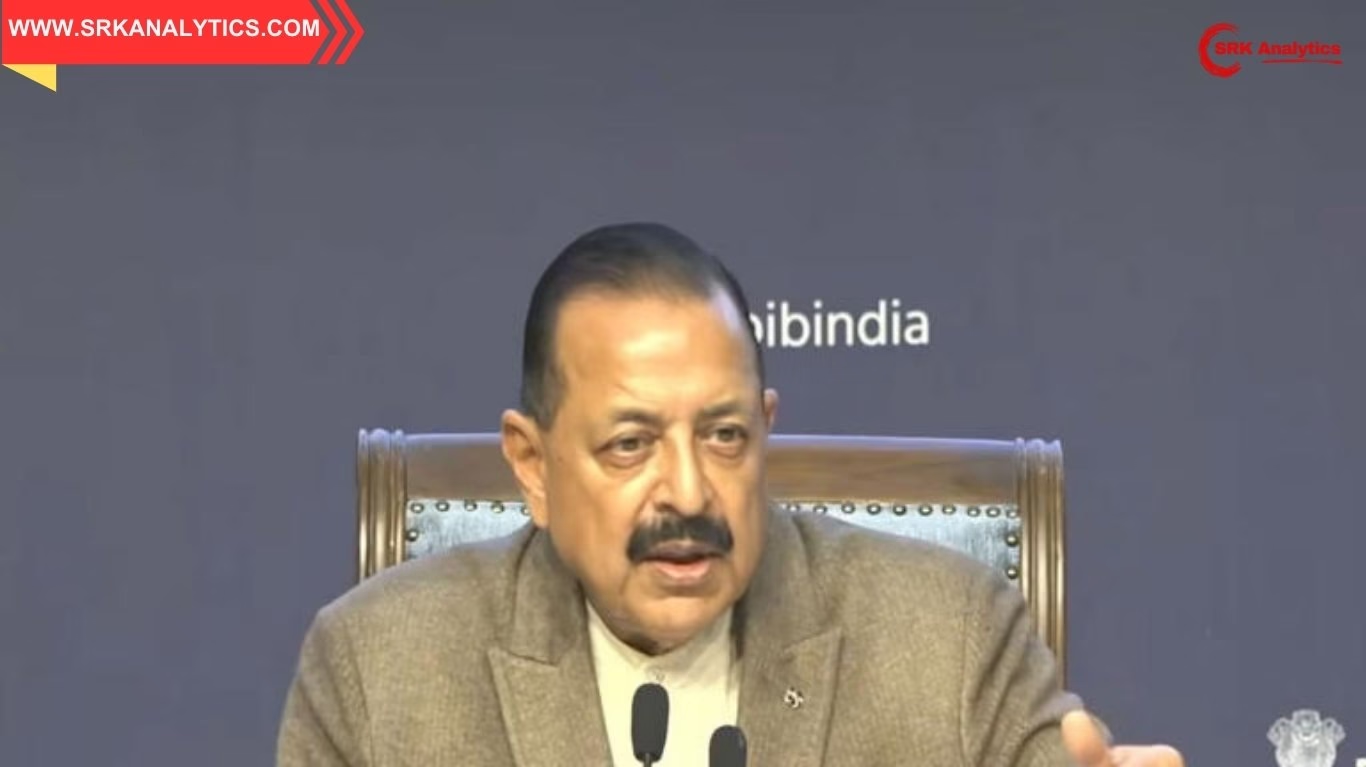India’s Finance Minister Nirmala Sitharaman has raised concerns over widening global financial imbalances, warning that unequal capital flows and restrictive financing are obstructing the world’s ability to achieve its climate commitments and sustainable development goals (SDGs). Addressing an international policy forum, Sitharaman emphasised that rebalancing global financial architecture is critical for equitable growth and climate justice.
Key Highlights From FM Sitharaman’s Remarks
- Global financial system remains skewed towards advanced economies, leaving developing nations with limited fiscal space.
- Climate finance gaps persist, hindering energy transitions in the Global South.
- Rising debt vulnerabilities in low and middle-income countries pose systemic risks to global stability.
- Multilateral reforms are essential to make financial flows more inclusive and counter-cyclical.
The Financial Imbalance Challenge
Sitharaman pointed out that despite commitments under the Paris Agreement and SDG framework, global capital flows remain disproportionately concentrated.
| Region | Share of Global Capital Inflows (%) | Share of Climate Vulnerable Population (%) |
|---|---|---|
| Advanced Economies | 67 | 10 |
| Emerging Markets | 25 | 30 |
| Low-Income Countries | 8 | 60 |
This mismatch, she said, threatens climate justice as developing countries continue to face high borrowing costs, limited access to concessional finance, and debt servicing burdens that crowd out development investments.
Climate Finance Shortfall
While developed countries pledged $100 billion annually under COP21, actual disbursement has fallen short.
| Year | Pledged ($ billion) | Actual ($ billion) | Shortfall (%) |
|---|---|---|---|
| 2020 | 100 | 83 | 17 |
| 2021 | 100 | 89 | 11 |
| 2022 | 100 | 91 | 9 |
The finance minister highlighted that clean energy transitions, adaptation infrastructure, and loss and damage compensation remain underfunded, delaying climate action timelines in the Global South.
Rising Debt Burdens
Sitharaman cautioned that unsustainable debt levels are compounding development and climate risks.
- Over 60% of low-income countries are at high risk of debt distress or already in it, according to the IMF.
- External debt servicing costs in Sub-Saharan Africa now exceed public health expenditures in many nations.
- India has consistently argued for enhanced debt restructuring frameworks under G20 Common Framework to ensure timely and fair resolution.
The India Perspective
India has maintained relatively robust macroeconomic fundamentals with its debt-to-GDP ratio (~82%) lower than many emerging markets, but Sitharaman warned that:
“Developing countries cannot be expected to choose between eradicating poverty and funding climate transitions. Both are moral and developmental imperatives.”
She urged advanced economies to step up climate finance fulfilment, support debt relief frameworks, and enable private sector blended finance flows for SDG-linked investments.
Multilateral Development Bank (MDB) Reform
FM Sitharaman reiterated India’s support for MDB capital enhancements and operational reforms, including:
- Leveraging balance sheets efficiently to expand lending capacities without jeopardising ratings.
- Mainstreaming climate finance in MDB project pipelines, especially for adaptation and resilience.
- Facilitating blended finance structures to de-risk private investments in clean energy, urban infrastructure, and social sectors.
Private Sector Role in Climate Financing
Industry experts at the forum underscored the importance of mobilising private capital to bridge climate finance gaps.
| Financing Source | Required Annual Flow ($ trillion) | Current Flow ($ trillion) | Gap (%) |
|---|---|---|---|
| Public Finance | 1.2 | 0.8 | 33 |
| Private Finance | 2.8 | 0.9 | 68 |
| Total | 4 | 1.7 | 58 |
Sitharaman noted that India’s green bond market, sovereign green issuance, and blended finance platforms are examples of how emerging markets can crowd in private capital, provided regulatory, currency, and political risks are mitigated through multilateral support.
Global Taxation and Financial Reforms
The finance minister also raised the issue of fair international tax systems, noting that:
- Base erosion and profit shifting by multinationals deprive developing countries of critical tax revenues.
- Digital tax frameworks must balance fair taxation with non-discrimination to foster innovation without revenue leakage.
Expert Opinions
- Prof. Jayati Ghosh, Development Economist:
“The current global financial order perpetuates inequality. Without systemic reforms, SDGs and climate goals will remain aspirational.” - Dr. Rathin Roy, Economist and Policy Advisor:
“Sitharaman’s emphasis on MDB reform and concessional climate finance is pragmatic. However, domestic mobilisation, regulatory predictability, and capacity building are equally critical for India’s green growth.”
India’s Leadership On Global Platforms
India leveraged its G20 Presidency to mainstream Global South financing priorities:
- Pushed for tripling renewable energy investments by 2030.
- Advocated for reforming multilateral institutions to better serve low and middle-income countries.
- Championed digital public infrastructure as a global public good to improve efficiency and inclusion.
The Road Ahead
FM Sitharaman concluded that achieving the twin goals of climate action and sustainable development requires urgent global financial system reforms, including:
- Timely debt restructuring to prevent development reversals.
- Scaling up concessional finance and grants for adaptation.
- Blended finance models combining MDBs, governments, and private capital.
- Equitable international tax regimes to retain domestic resources.
Conclusion
India’s finance minister has spotlighted an uncomfortable truth for the global community: unless financial flows are rebalanced to address both development and climate goals equitably, global sustainability commitments risk derailment. Sitharaman’s call for systemic reforms resonates across the Global South as developing nations strive to build resilient, green, and inclusive economies amidst unprecedented fiscal constraints.
Disclaimer: This news report is for informational purposes only and does not constitute investment or policy advice. Readers are advised to consult financial experts, economists, and official policy documents before making any decisions based on this report. The publication is not responsible for any economic, business, or investment decisions taken based on the information presented.











